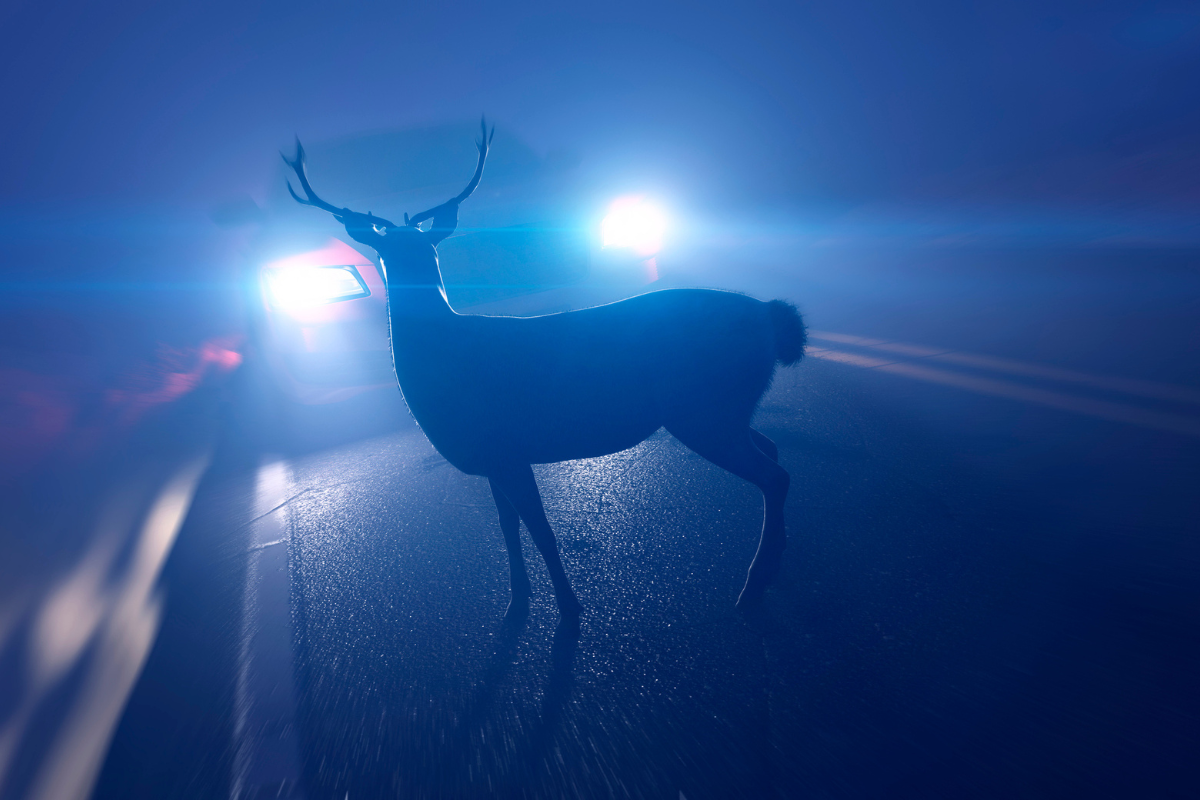Daylight saving time (DST) officially ends on Sunday, November 5. That means the clocks roll back, and the sun sets an hour earlier on Sunday than Saturday. While most Americans are used to the tradition, there are increased risks, including collisions with wildlife.
A 2022 study found a 16% increase in vehicle and deer collisions the week after daylight saving time. One of the leading arguments for a permanent DST is the decreased risk of crashes.
However, for now, we’ll see another end to daylight saving. So, in the meantime, state agencies like Colorado Parks & Wildlife want to remind drivers to be extra vigilant.
“This is the time of year when we start seeing more animals on the move at our state parks and on our roads,” said CPW Fishers Peak State Park Manager Crystal Dreiling in their official press release. “Drivers across the state can expect to find wildlife on or near the roadways as winter approaches and they can do their part in helping to reduce wildlife-vehicle collisions with bear, elk and deer by traveling at slower speeds and staying vigilant.”
Wildlife officials are partnering with the state’s Department of Transportation for their message and offered these tips to drivers:
- Slow Down. Driving more slowly increases reaction time and reduces the chance of a collision.
- Stay Alert while driving at dusk and dawn. This is when many of Colorado’s wildlife are the most active and are likely to be crossing roadways.
- Scan Ahead and watch for movement along roadsides. When driving at night, watch for shining eyes in headlights. Always look and be prepared for more than one animal.
- Obey traffic signs and watch for wildlife warning signs.
Colorado Parks & Wildlife says the best action the state can take is creating more animal-safe infrastructure. These designs include wildlife overpasses, underpasses, and fences along busy roadways.
